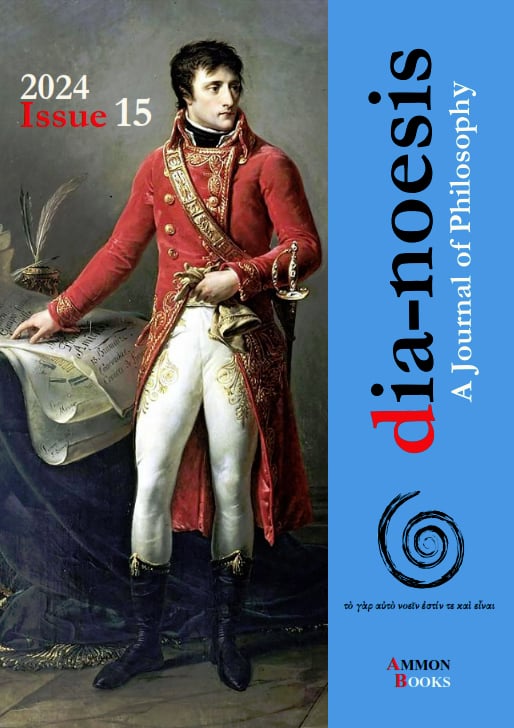"Parce que c’estoit luy": On Michel de Montaigne’s Ontic Disruption of Sexual Taxonomies and the Individuality of Lovers

Abstract
Michel de Montaigne (1533-1592) contended that "Nature has committed herself not to make any other thing that was not different." On this assumption, the diversity and variability of sexuality instantiates the principle of Nature’s continuous branloire and gives the lie to the regnant scheme of binary sexual distribution. As a result of Montaigne’s Heraclitean approach of reality, the hypostatized categories of man and woman subtending the sexual bipartition of humanity become the internalized poles of the male/female opposition that configure the uniquely nuanced sexuality of the individual. Against this backdrop, Montaigne’s love of Étienne de la Boétie (1530-1563) emerges as the supersedure of the age-old distinction between same-sex and other-sex configurations. Signally, womanizing Montaigne gave a tense response to the question as to why he loved La Boétie: "Because it was he."
Article Details
- How to Cite
-
Bauer, J. E. (2024). "Parce que c’estoit luy": On Michel de Montaigne’s Ontic Disruption of Sexual Taxonomies and the Individuality of Lovers. Dia-Noesis: A Journal of Philosophy, 15, 9–58. https://doi.org/10.12681/dia.38165
- Section
- Articles


